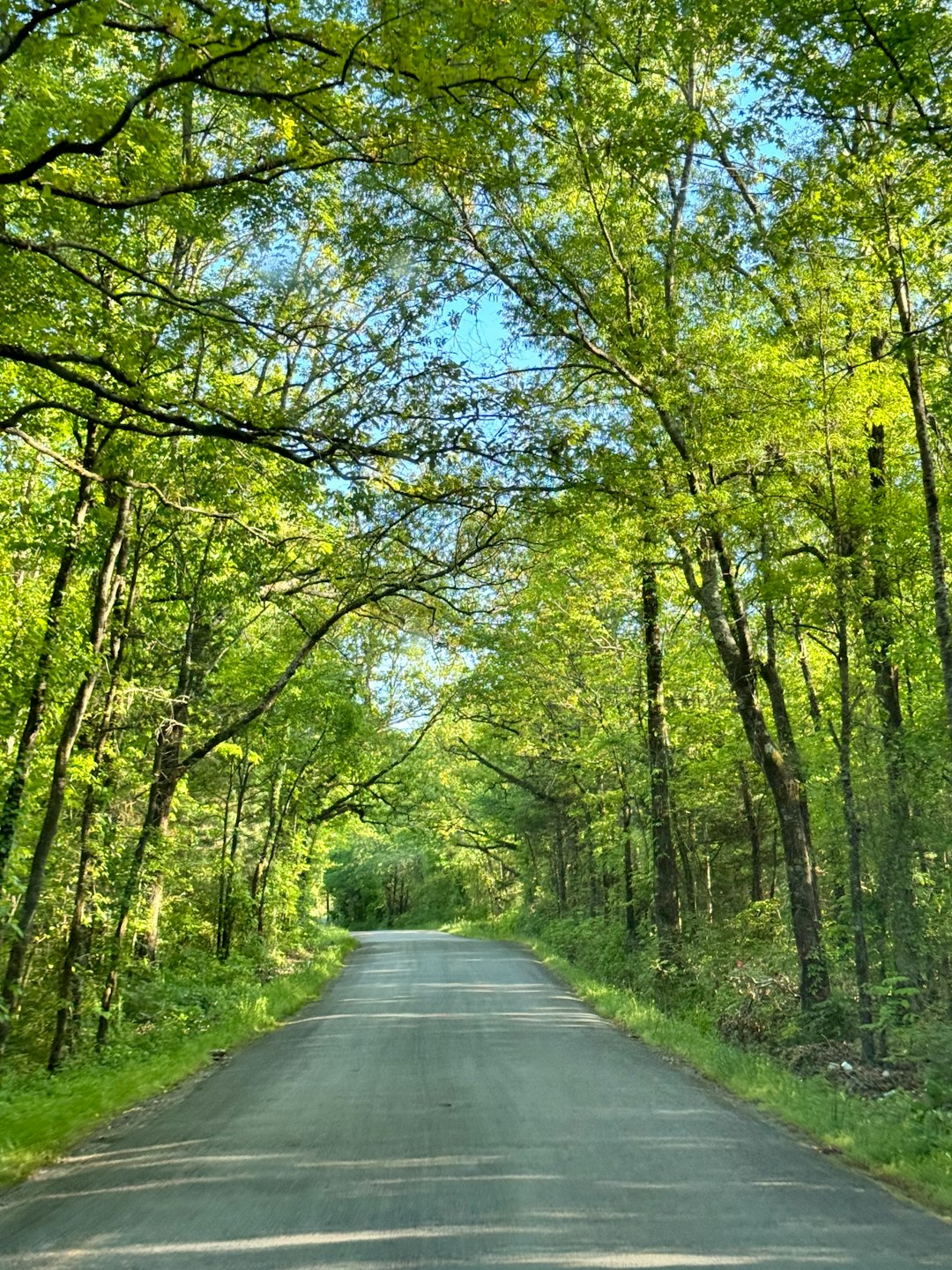Robocalls plague Little Rock residents, causing stress and privacy concerns. While "Do Not Call" laws offer some relief, age gaps in call blocking behavior pose challenges for marketers. Young adults use tech apps, while older folks prefer manual blocking. Scammers target seniors, leading to a push for awareness and education. Cultural sensitivity is key as businesses must respect diverse preferences and languages, especially among Arkansas' multicultural communities.
In today’s digital age, robocalls have become a ubiquitous yet often annoying aspect of daily life. This deep dive explores how automated phone calls impact residents across Little Rock, Arkansas, delving into their effects on various demographics. From the younger generation’s engagement trends with telemarketers to the vulnerability of older adults to fraud, we analyze age differences in call blocking behavior and discuss the cultural sensitivity within Do-Not-Call lists. Understanding these dynamics is crucial, especially for legal firms specializing in the Do Not Call law to better serve their Arkansas clients.
Robocalls' Impact on Little Rock Residents

Robocalls have become a ubiquitous part of daily life in Little Rock, affecting residents across diverse demographics. While some view them as mere nuisances, their impact extends beyond simple annoyance. Many Little Rock residents report feeling stressed and overwhelmed by the constant barrage of automated calls, especially those from what seem like unknown numbers. This has led to increased anxiety about privacy and security, as it’s often challenging to distinguish between legitimate business calls and spam.
The effects are particularly pronounced among vulnerable populations, such as the elderly and low-income individuals. For seniors, robocalls can be disorienting and even cause fear, especially when they solicit personal or financial information. Similarly, low-income residents may feel pressured to respond out of economic desperation, despite the risks involved. The “Do Not Call” law firm in Arkansas offers some respite, but not all calls are covered, leaving many Little Rock residents grappling with how to manage this modern-day nuisance effectively.
Age Differences in Call Blocking Behavior

The behavior of call blocking varies significantly across different age groups in Little Rock, influenced by technological adaptation and personal preferences. Younger demographics are more likely to use automatic call blocking systems integrated into their smartphones, often activated through apps or built-in features that identify and filter out unwanted calls, including those from law firms promoting “do not call” services in Arkansas. This tech-savvy approach reflects a growing trend among millennials and Gen Z to assert control over their digital interactions.
In contrast, older individuals might be less inclined towards technological solutions, preferring traditional methods like manual blocking or relying on landlines. They may also be more receptive to calls from known contacts or local businesses, leading to differing patterns in call management. Understanding these age-based variations is crucial for law firms and marketers aiming to tailor their communication strategies, ensuring compliance with “do not call” regulations while respecting diverse consumer preferences across Little Rock’s diverse population.
Young Adults and Telemarketers: Engagement Trends

In today’s digital age, young adults in Little Rock, and across Arkansas, are increasingly becoming targets for telemarketers via robocalls. This trend is a significant shift from traditional marketing methods, as businesses leverage automated phone systems to reach a wider audience. While some view these calls as intrusive, they represent an innovative approach to customer engagement. Young adults, known for their tech-savviness, often embrace digital communication channels, and robocalls offer a new avenue for brands to connect.
However, the rise of robocalls has sparked concern among consumers, particularly regarding privacy and unwanted interruptions. Many young adults actively seek ways to block these calls, reflecting a growing awareness of their rights under the Do Not Call laws. As telemarketers adapt to changing consumer preferences, they must find balanced strategies that respect individual choices while ensuring effective marketing reach.
Older Demographics' Vulnerability to Fraud

Older adults, often considered a vulnerable demographic, face unique challenges when it comes to robocalls. With declining vision and hearing, they might struggle to verify the source of incoming calls, making them susceptible to fraudsters impersonating government agencies or reputable organizations. These scammers exploit trust and urgency, convincing seniors to share personal information or even money.
In Little Rock, Arkansas, where many residents fall into this age bracket, it’s crucial to raise awareness about robocalls and their potential dangers. Educating the elderly about identifying suspicious calls, blocking unknown numbers, and verifying callers can be a powerful defense against fraud. Additionally, local law enforcement and consumer protection agencies play a vital role in disseminating information and assisting victims of robocall-related scams.
Cultural Sensitivity in Do-Not-Call Lists

In today’s diverse and interconnected society, cultural sensitivity plays a vital role in how businesses approach consumer communication, especially regarding do-not-call lists. In Arkansas, with its rich cultural tapestry, ensuring respect for various ethnic and socioeconomic groups is essential when it comes to robocalls. Many consumers in Little Rock and across the state have specific cultural preferences or language needs that must be acknowledged. For instance, certain communities may prefer communication in their native tongue or have unique religious or cultural beliefs that impact how they receive marketing calls.
A responsible do-not-call list should reflect this diversity by allowing individuals to opt-out of automated calls based on their personal preferences. Arkansas residents expect and deserve a level of privacy and respect, especially when it comes to unwanted phone interactions. By implementing culturally sensitive practices, law firms and businesses can ensure they comply with the Do Not Call Law while fostering positive relationships with diverse communities in Little Rock.






